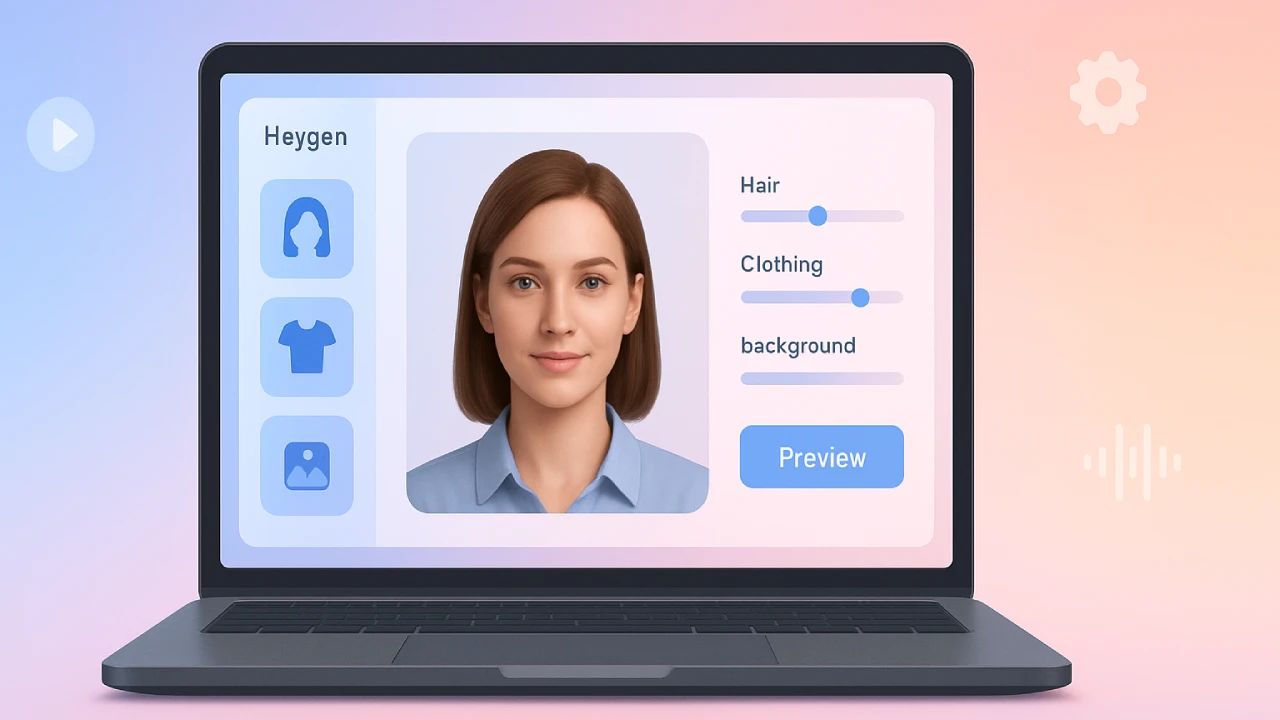Meta is taking a bold leap in AI-powered user engagement with Project Omni, a new initiative that allows its AI chatbots to proactively send follow-up messages on platforms like Facebook and Instagram. This feature is designed to transform how users interact with AI, moving beyond reactive responses to a more personalized, companionship-driven digital experience.
What Is Project Omni?
Under the umbrella of Meta’s AI Studio, Project Omni introduces proactive AI chatbot behavior. These chatbots—built by businesses, creators, and influencers—will now be able to initiate follow-up messages after engaging with a user.
- When it triggers: After a user exchanges at least 5 messages within 14 days
- What it does: Sends a single follow-up message to re-engage the user
- No spam policy: If the user does not respond, no additional follow-ups are sent
This feature is built with safety and user trust at its core, offering personalized AI interactions without becoming intrusive.
How Meta’s AI Chatbots Work
These proactive bots are not generic. They receive training in the following areas:
- Remember past conversations
- Maintain a consistent character persona (e.g., movie buffs, personal stylists)
- Deliver messages in a natural, human-like tone
For example, a chatbot with a movie-loving personality might say:
“Hope you’re having a harmonious day! Have you discovered any new favorite soundtracks? Want a movie night recommendation?”
This makes the interaction feel authentic and emotionally intelligent—closer to digital companionship than standard automation.
Built with Human Touch: How Meta Trains These Bots
Meta partners with data labeling firms to simulate real conversations. Contractors:
- Fine-tune chatbot tone
- Ensure alignment with intended personalities
- Test and validate safety protocols
These efforts help ensure the bots remain fun, useful, and trustworthy.
Use Cases: From Creators to Businesses
Built through Meta AI Studio, these bots can be easily customized—no coding required—to serve different use cases:
| Use Case | Description |
|---|---|
| Influencers | Build AI clones to chat with fans |
| Small Businesses | Offer personalized product or service suggestions |
| Media & Creators | Share content via DMs, Stories, or Profile embeds |
You can share them across Meta platforms, transforming AI chatbots into a novel form of interactive storytelling and branding.
Are These AI Bots Safe?
Meta emphasizes that these proactive chatbots
- Avoid initiating sensitive topics unless prompted by users
- Respect character boundaries (e.g., no therapy or financial advice)
- Include disclaimers: Bots are not licensed professionals
Still, Meta admits that inaccuracies may occur, as with any generative AI tool.
Why It Matters: From Engagement to Digital Companionship
Project Omni isn’t just about notifications; it’s part of Mark Zuckerberg’s broader vision to address the “loneliness epidemic.” These AI bots are being shaped to simulate meaningful conversation, which may provide emotional relief or digital companionship for some users.
From a business standpoint, Meta forecasts billions in revenue from AI-powered experiences, hinting at future monetization via ads or subscriptions.
The Bigger Picture
Meta’s move toward proactive AI chatbots could:
- Redefine user engagement on social media
- Provide interactive digital companions for millions
- Open new monetization paths for creators and Meta itself
While still in early stages, Project Omni marks a futuristic shift in how AI and social platforms intersect.
Conclusion: A Bold Step into Social AI
Meta’s proactive AI chatbot project is more than just a tech update; it’s a paradigm shift in how digital platforms foster conversation, emotion, and loyalty. Whether you’re a creator, a business, or a curious user, these chatbots could soon be part of your daily scroll, saying hello before you even think to ask.







